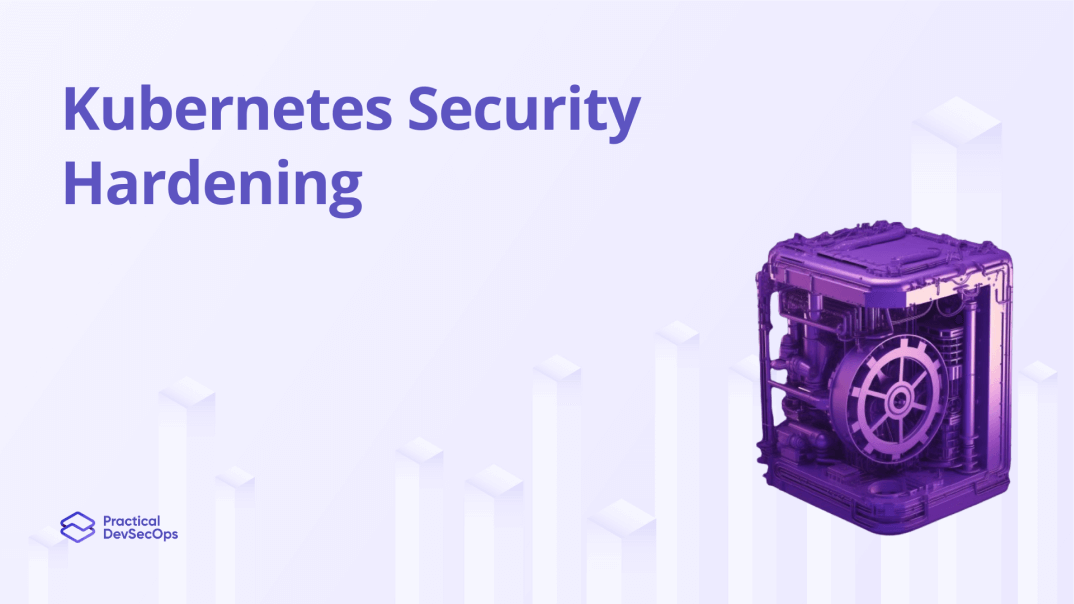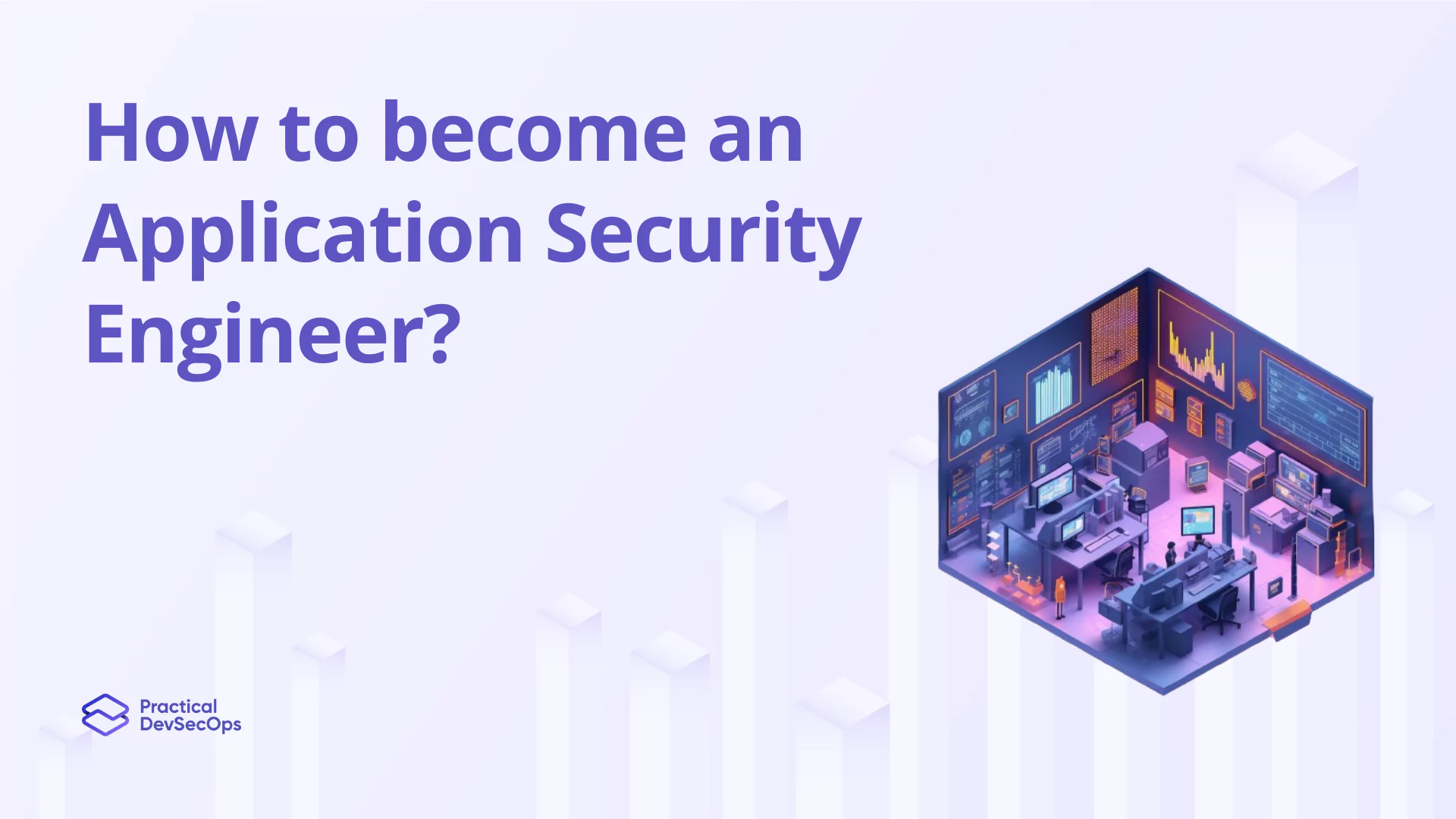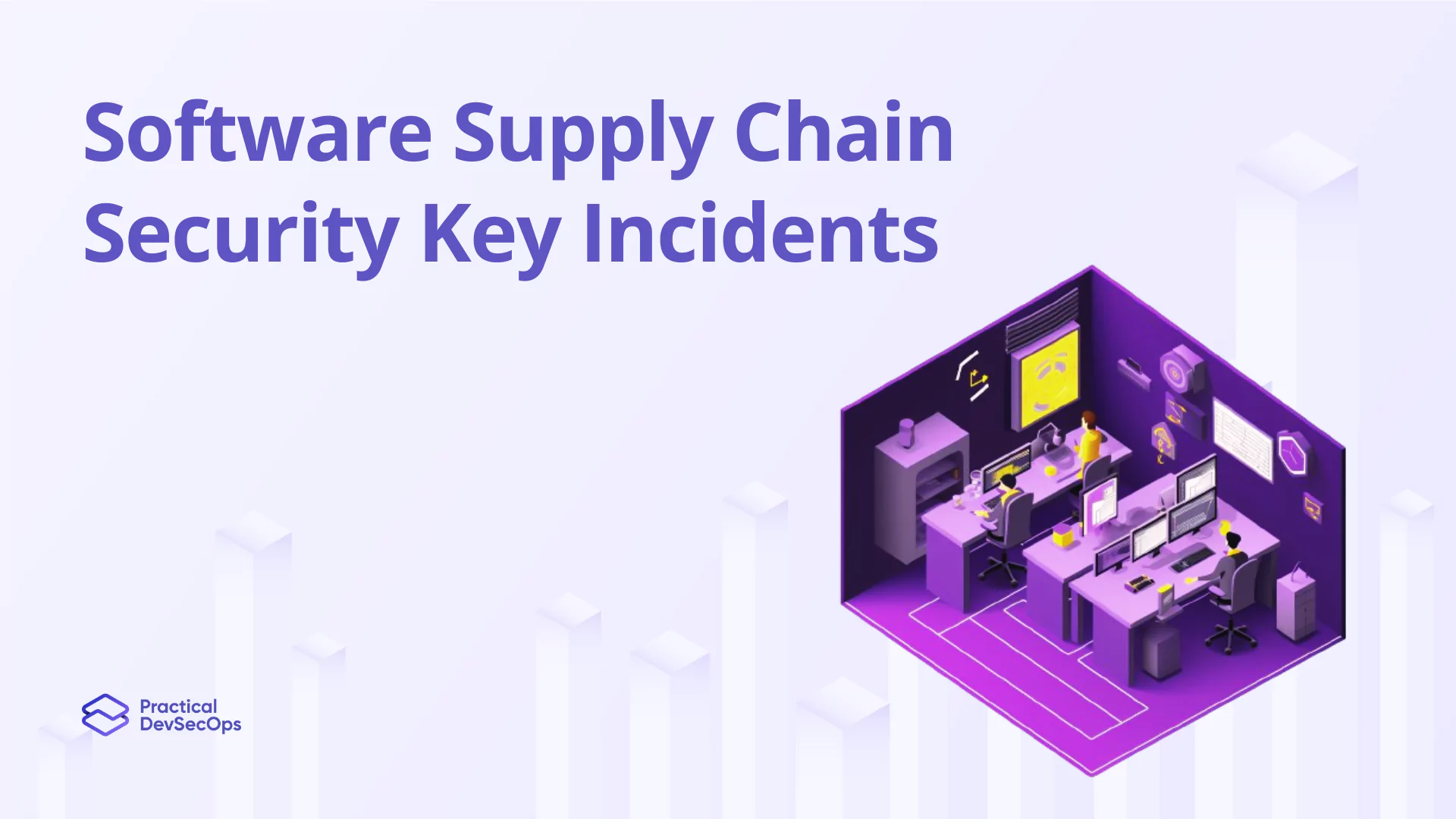Kubernetes has become the de-facto standard for container orchestration, providing organizations with scalability, flexibility, and automation capabilities. However, the power and complexity of Kubernetes also bring potential security risks. Implementing robust security measures is crucial to protect your Kubernetes cluster and the applications running on it from cyber threats. In this article, we will explore the importance of Kubernetes security hardening and discuss best practices for safeguarding your cluster against potential vulnerabilities and attacks.
Why Kubernetes Security Hardening is Essential
Kubernetes security hardening involves implementing a series of measures to strengthen the security posture of your cluster. Failure to adequately secure a Kubernetes deployment can result in various risks, including:
- Unauthorized Access: Without proper security measures, attackers can gain unauthorized access to your cluster, compromising sensitive data and potentially taking control of your applications.
- Data Breaches: Inadequate security can lead to data breaches, where confidential information is exposed or stolen, potentially resulting in financial or reputational damage for your organization.
- Container Escalation: Attackers may attempt to exploit vulnerabilities in containers to gain elevated privileges, allowing them to move laterally within your cluster and potentially compromise other applications or services.
- Disruption and Downtime: A compromised Kubernetes cluster can lead to service disruptions, application downtime, and financial losses, impacting your organization’s operations and customer trust.
By implementing robust security measures, organizations can mitigate these risks and enhance the overall security of their Kubernetes cluster.
Best Practices for Kubernetes Security Hardening
To ensure the security of your Kubernetes cluster, follow these best practices for Kubernetes security hardening:
1. Secure Cluster Setup
- Follow secure cluster setup practices, including enabling RBAC (Role-Based Access Control) and creating dedicated service accounts to restrict access permissions.
- Regularly update Kubernetes components and apply patches to address known vulnerabilities.
- Limit direct access to the Kubernetes API server and secure it using TLS encryption.
2. Control Cluster Access
- Implement strong authentication mechanisms, such as using client certificates or integrating with identity providers like LDAP or Active Directory.
- Enforce strict access controls and least privilege principles to ensure that users and service accounts only have the necessary permissions.
- Regularly review and audit cluster access permissions to identify and remove any unnecessary or excessive privileges.
3. Protect Network Communication
- Encrypt network communication within the cluster using network policies and secure communication protocols such as Transport Layer Security (TLS).
- Implement network segmentation and restrict communication between pods and namespaces using appropriate network policies.
- Use secure network plugins and avoid using insecure ones that may introduce vulnerabilities.
Also Read, Pod Security Policies for Kubernetes
4. Secure Container Images
- Use trusted container registries to store and deploy container images.
- Scan container images for vulnerabilities and verify the authenticity of images before deploying them into your cluster.
- Implement Pod Security Policies (PSPs) to enforce restrictions on the usage of host namespaces, capabilities, and volumes within containers.
5. Monitor and Log Cluster Activity
- Implement logging and monitoring solutions to capture and analyze cluster activity.
- Enable auditing to track and investigate any suspicious activities within the cluster.
- Regularly review logs and alerts to detect any potential security incidents or indicators of compromise.
Also Read, Top DevSecOps Tools for Kubernetes
6. Regularly Update and Patch
- Regularly update and patch Kubernetes components, worker nodes, and underlying infrastructure to address newly discovered vulnerabilities.
- Stay informed about security advisories and apply relevant patches in a timely manner.
- Maintain a proper update and patch management process to reduce the window of exposure to known vulnerabilities.
Also Read, Kubernetes Security Best Practices
7. Continuously Educate and Train
- Provide regular cybersecurity training and awareness programs to educate your team about Kubernetes security best practices.
- Stay up-to-date with the latest developments and security recommendations from the Kubernetes community and security experts.
- Encourage a culture of security within your organization and promote the responsible handling and usage of Kubernetes resources.
Also Read, Why Kubernetes Security is a Promising Career Choice in 2024
Also Read, Kubernetes Interview Questions & Answers- Must Know!
Also Read, Best Kubernetes Books
Real-World Example: Securing a Production Kubernetes Cluster
Let’s consider a real-world example to illustrate the importance of Kubernetes security hardening. Suppose a company is running a production Kubernetes cluster to host their eCommerce application. In this scenario, proper security hardening practices are essential to protect sensitive customer data and prevent service disruptions.
The company can implement RBAC to restrict cluster access, enforce network policies to control communication between pods, and utilize secure container images from trusted sources. They can regularly update and patch Kubernetes components, use a logging and monitoring solution to detect any suspicious activities, and educate their team about Kubernetes security best practices.
By implementing these security measures, the company can significantly reduce the risk of unauthorized access, data breaches, and service disruptions, ensuring the security and availability of their eCommerce application.
Conclusion
Kubernetes security hardening is crucial for organizations looking to safeguard their clusters and the applications running on them against cyber threats. By following best practices for Kubernetes security hardening, organizations can significantly reduce the risk of unauthorized access, data breaches, and service disruptions, ensuring the security and availability of their Kubernetes deployment.
Interested in Kubernetes Security Hands-on Training?
You can get trained in Kubernetes security by enrolling in our Cloud-Native Security Expert (CCNSE) course, which provides hands-on training in important concepts of Kubernetes security, such as:
Hacking Kubernetes Cluster, Kubernetes Authentication and Authorization, Kubernetes Admission Controllers, Kubernetes Data Security, Kubernetes Network Security, Defending Kubernetes Cluster.
Course Highlights:
- Hands-on training through browser-based labs
- Vendor-neutral course
- 24/7 instructor support
- CCNSE Certification is among the preferred for Kubernetes security roles by global organizations
Get Free E-books on Kubernetes Security 101






0 Comments